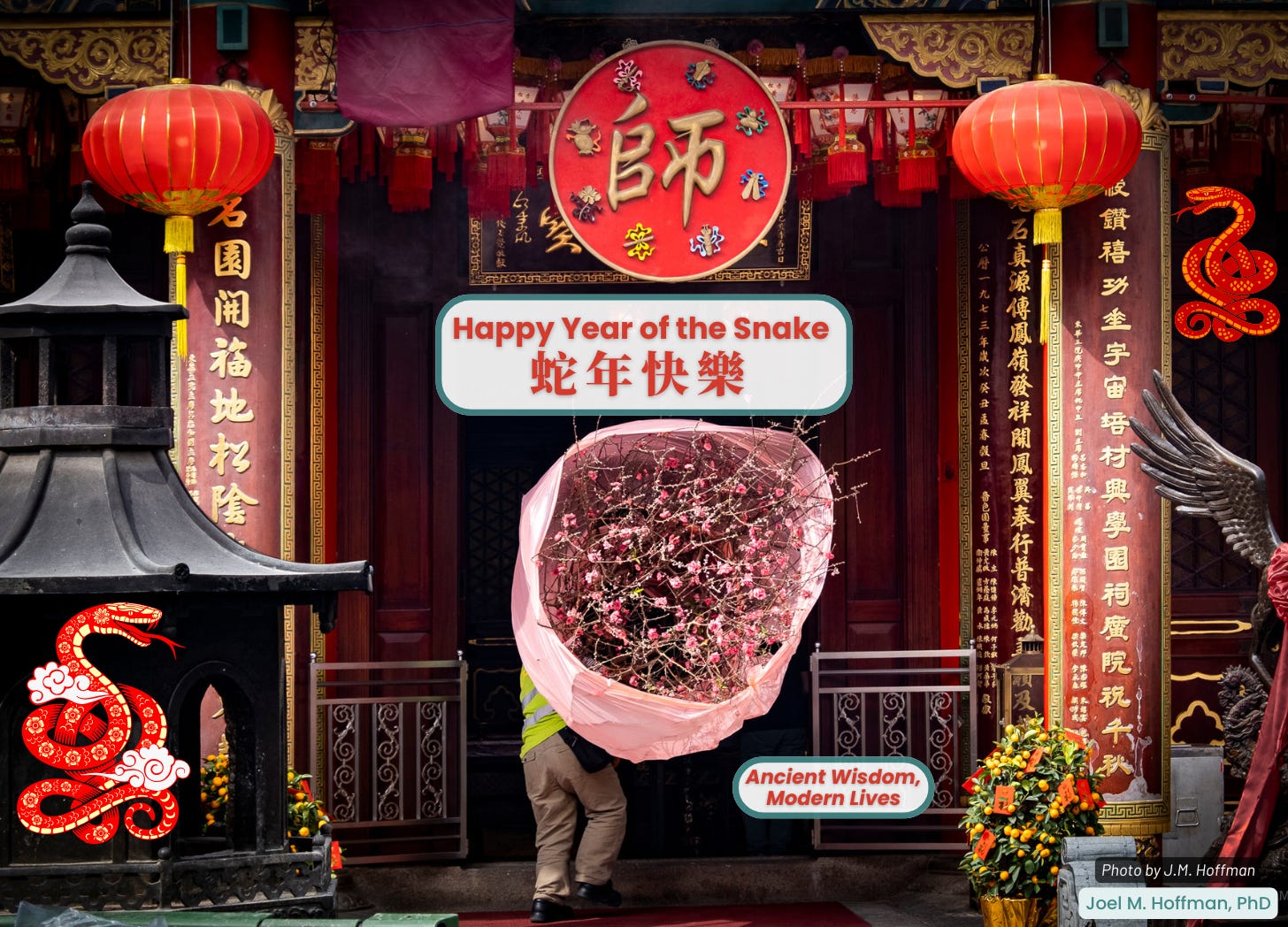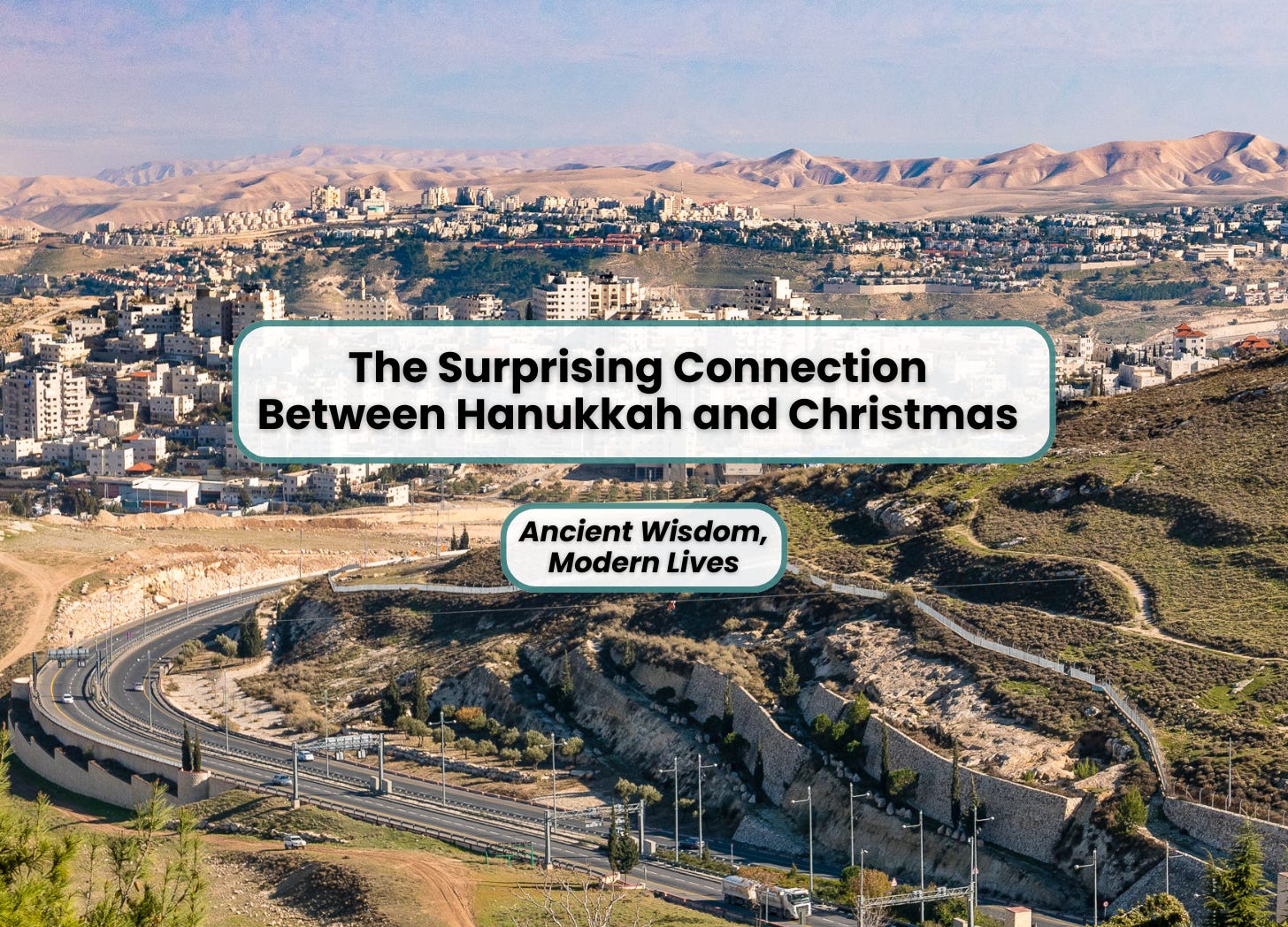What We Learn from the Tower in Proverbs 18:10
Bill Mounce has a post (also here) about the “strong” tower in Proverbs 18:10. He notes that the NIV 2010 (following the TNIV) changes the familiar translation “strong tower” into “fortified tower,” thereby mucking with the text of a familiar hymn.
Dr. Mounce concludes that the change from “strong” to “fortified” is nonetheless warranted because it makes it easier to understand the point of the proverb:
So I understand why the TNIV shifted to “fortified tower.” We can easily see a tower, perhaps up on a hill, that has thick walls and an enforced door. A tower that provides safety for its inhabitants.
Which is of course the point of [the] proverb. God is a fortified tower to which his children run, knowing that he will keep them safe.
I’m not sure I agree, but I think it’s an interesting case either way, because of four issues that this short text highlights.
Internal Context
First off, we find the same Hebrew phrase — migdal [tower (of)] oz [strength] — in Judges 9:51 and Psalm 61:3(4), but in both of those places the NIV leaves the translation as “strong tower.” So we have a consistency issue.
I no longer actively write this blog, but you can find me at Ancient Wisdom, Modern Lives
Subscribe Now I'd love to see you there!The theme of “strength” (or “fortification”) from Proverbs 18:10 continues in the next verse: “The wealth of the rich is their strong city; in their imagination it is like a high wall” (NRSV) or “The wealth of the rich is their fortified city; they imagine it a wall too high to scale.” Here the NIV is locked into “fortified city” to match “fortified tower.”
Certainly consistency isn’t the only goal in Bible translation — and in this case, the tower in Judges is a physical one, while the towers in Psalms and Proverbs are metaphoric — but translating migdal oz in two different ways does make it harder to see patterns in the original text.
External Context
For that matter, Dr. Mounce correctly notes that the new translation makes a familiar hymn less biblical. So, at best, it’s a trade-off. On one hand (maybe) we have a less successful translation that maintains the biblical character of a song, while on the other, we have (maybe) a better translation that masks the biblical connection of the song.
Question: When does familiarity with a phrase mean we should keep it even if we find a better translation? Is preserving the imagery of a song reason enough to keep a less accurate translation? What about preserving much better-known phrases, like “the Lord is my shepherd” (which, I’ve argued, is also misleading)?
Cultural Context
The hardest issue — here and, frequently, elsewhere — is cultural context.
A settlement in antiquity was often marked by a “city” and a “tower.” For example, everyone knows that humanity was punished for building a tower called Babel; it’s less well known that a city was built with it:
Then they said, “Come, let us build ourselves a city, and a tower with its top in the heavens, and let us make a name for ourselves; otherwise we shall be scattered abroad upon the face of the whole earth.” The LORD came down to see the city and the tower, which mortals had built. (Genesis 11:4-5, NRSV, my emphasis)
So the progression in Proverbs 18:10-11 is already based on juxtaposing two things that used to go hand in hand but no longer do.
More importantly, this means that “tower” was understood as part of where a person would live. When I think of someone in a tower, long-haired maidens in distress to come mind. But surely that wasn’t point. Rather, when the righteous run into a tower in Proverbs, the imagery may have been closer to entering “City Hall.”
All of this comes into play when we choose between “strong” and “fortified.” No matter what we do, we’ve already missed a lot of the imagery. But that doesn’t mean we shouldn’t choose carefully. To do so, however, means knowing more about ancient towers than I do. Did they come in fortified and non-fortified varieties? Was migdal oz a technical term (like “fortified wine” or “fortified foods”)? Or, in a different direction, was the point “tower of strength”?
I agre that “fortified tower” reads better than “strong tower”? But which one is closer to what the original meant?
Greek
Finally, we look at the Greek translation known as the Septuagint (“LXX”).
Dr. Mounce point out that the LXX here reads “from the greatness of might is the name of the Lord.” It’s pretty clear, though, that the Greek translation is based on a different reading of the Hebrew, so it doesn’t really help us very much.
The Hebrew word for tower is migdal. But because the prefix mi- in Hebrew means “from,” those same Hebrew letters can spell “from the greatness of,” that is, migodel. (The vowels are different, but the marks that differentiate the two came a millennium after the LXX was written.) So the standard Hebrew text reads migdal oz (“a tower of strength”) while the Greek translates migodel oz (“from the greatness of strength”).
Because the second half of the line has the righteous running “into it,” I think “tower” was the original point, and the Greek got it wrong.
This is not the only place the LXX seems to be based on a different understanding of the text, and it highlights one way in which the Greek can mislead. (Yet sometimes the Greek seems right, and it’s the standard Hebrew that’s probably wrong.)
Summary
So even in this relatively simple example, we see the role of three different kinds of context, and a caveat about relying on older translations.
Bible Bible translation Proverbs 18:10 Tower of Babel translation






8 Responses
Not sure I agree with the tower=city hall bit. Song of Songs 8:10 seems to indicate that the tower(s) was/were part of the fortifications, a stronger point along the city walls (I imagine a prison yard, fenced with strategically placed towers along the fence). This being the case, “fortified tower” might be somewhat redundant. ‘Migdal’ may have already implied fortification even without the modifier.
I think the point in Song of Songs 8:10 is physical size.
And I think you’re right that migdal implied fortification, but, still, we do find migdal oz.
I don’t think that if an enemy was attacking my city that running into a tower would keep me safe, unless it was an impenetrable tower. Do we assume that the city has been breeched, and the tower is now the final refuge? And that sometimes a fortified tower would allow someone to survive? It seems unlikely, even if the town hall assembled there (politicians being generally not the fittest of soldiers!)
I don’t see anything about a tower that makes me think “safe” unless the danger is flood water.
What am I missing?
I love what you’re doing. But isn’t safety clearly present? The verse continues with the point that the righteous run into that tower (or strength?) and are safe/set on high.
I think tower as “city hall” works only for those City Halls that were built in the 50’s with bomb sheltors in the basement. I thought, traditionally, a tower was where the fighting men retreated if the gate was breached and the city was overrun.
In New Orleans, I guess “the tower” was the Hyatt Hotel and other high spots where the military and city officials retreated during the storm.
This is interesting:
Jdg 9:50 Then went Abimelech to Thebez, and encamped against Thebez, and took it.
Jdg 9:51 But there was a strong tower within the city, and thither fled all the men and women, and all they of the city, and shut it to them, and gat them up to the top of the tower.
Jdg 9:52 And Abimelech came unto the tower, and fought against it, and went hard unto the door of the tower to burn it with fire.
Jdg 9:53 And a certain woman cast a piece of a millstone upon Abimelech’s head, and all to brake his skull.
I think we need to focus on what the original meant and not be swayed by anything else. The trouble with towers is that they are fine for protection for a relatively short period of time. Then issues of food and water arise and the tower becomes “jail”. Interesting post. Thanks.
Leshalom, Y
I think the tower is a sky burial or nephesh tower.